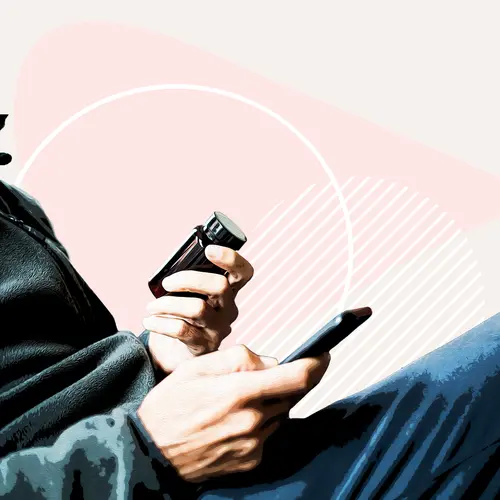Many things can help ease your depression, and they aren’t all drugs. Medication may be part of your plan, or if your depression is mild, you may find that you get enough relief from therapy and lifestyle changes.
Always work with your doctor to make sure you get the right treatment for you.
1. Exercise
Regular exercise -- the kind that boosts your heart rate -- is good medicine, including for depression.
"It increases the flow of blood to the brain, and it might promote production of certain chemicals in the brain like an antidepressant does," says Andrew Leuchter, MD, a psychiatry professor at UCLA's David Geffen School of Medicine.
You can do any activity. And it can be as intense, or easy, as you like. In one study, a brisk half-hour walk, 5 days a week, was a big help to people with mild to moderate depression. It’s fine to do more than that.
If your depression is more severe, being active is still a good idea, though you may need other treatments, too.
2. Better Sleep
Depression can keep you awake, and a lack of sleep can make you feel depressed. If you don’t get good rest, tell your doctor. You might need tests to see if another problem, such as sleep apnea, is the reason.
Simple changes can reap benefits.
For instance, don't read, watch TV, use your computer, or work in bed. "The last thing you want to do is engage in an activity when you ought to be asleep," says Amit Etkin, MD, PhD, a psychiatrist and neuroscientist at Stanford University.
Try these steps:
- Don't nap during the day.
- Go to bed at the same time every night.
- Keep your bedroom dark.
- Use your bed for sleep only.
- Make your bedroom temperature comfy.
- Avoid caffeine, nicotine, alcohol, upsetting conversations, and big meals before bedtime.
- Exercise in the morning or afternoon.
3. Support Groups
It can make a big difference. You'll meet people who are going through the same things you are.
"They can help you feel like you're not alone, which is a really important part of treatment," Etkin says.
Every group is different, so you may need to try several before you find one you like. Before you join, ask about its focus, what a typical meeting is like, and the leader's training and approach.
4. Counseling
“Talk therapy” is one of the best ways to work through your challenges and find new solutions.
Studies show many types can help treat depression. For instance:
Cognitive-behavioral therapy teaches you to recognize and adjust thoughts and actions that might contribute to your symptoms.
Interpersonal therapy shows you healthier ways to communicate and interact with others.
Problem-solving therapy gives you skills to manage your condition better.
"A good therapist will use whatever techniques are available to them, based on their skill and expertise, and then watch the patient for how they respond," Etkin says.
5. Light Therapy
In some people, the short days and long nights of winter can trigger a form of depression called seasonal affective disorder (SAD). A specially designed light box can sometimes help.
Sit in front of it for about 30 minutes each morning after you wake up. For people with SAD, this treatment can work just as well as antidepressants.
6. Transcranial Magnetic Stimulation (TMS)
In TMS, doctors use a magnetic field to treat depression that’s resistant to medications.
"It essentially resets those networks of the brain and allows it to return to normal function," Leuchter says.
If other treatments haven't worked, you might want to ask your doctor about the pros and cons.
You get TMS in a doctor's office while you are fully awake. Most people get a 40-minute treatment 5 days a week for 4 to 6 weeks. Afterward, you might have a mild headache, but otherwise you can continue with your day.
It has few, if any side effects -- most often headache, tingling sensations, lightheadedness, and scalp discomfort.
7. Electroconvulsive Therapy (ECT)
Your doctor may suggest this if you have severe depression that doesn't respond to other treatments.
You’ll get general anesthesia, so you won’t be awake. You’ll need someone to drive you home afterward.
During ECT, a doctor applies a small electric current through electrodes placed on your scalp, which causes a brief seizure to happen while you are asleep.
You usually need six to 12 treatments over several weeks. It's sometimes used as a "maintenance" therapy after an episode of depression gets better. You might need to get it done one to four times a month to keep your symptoms from coming back.
It's an effective treatment that's been used for decades. But doctors still aren't sure exactly how and why the seizures caused by ECT improve depression.
ECT can cause headache, upset stomach, muscle aches, and temporary memory loss that can last throughout the course of the therapy.

